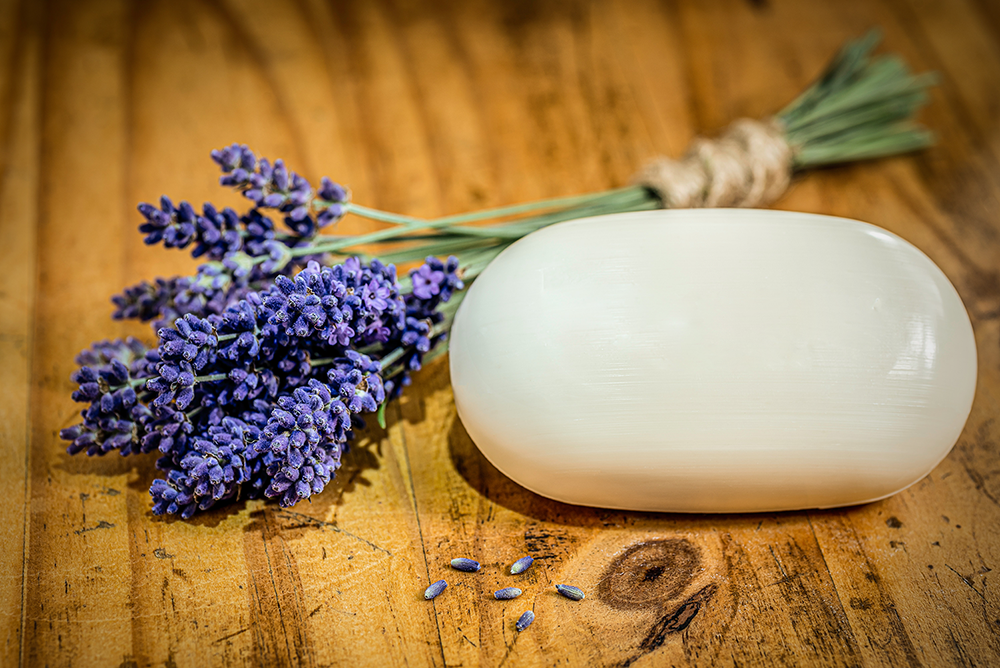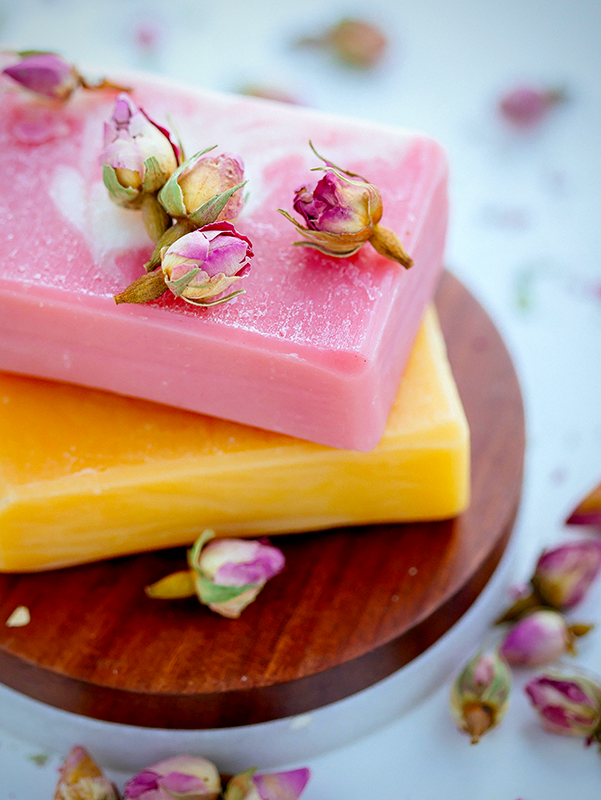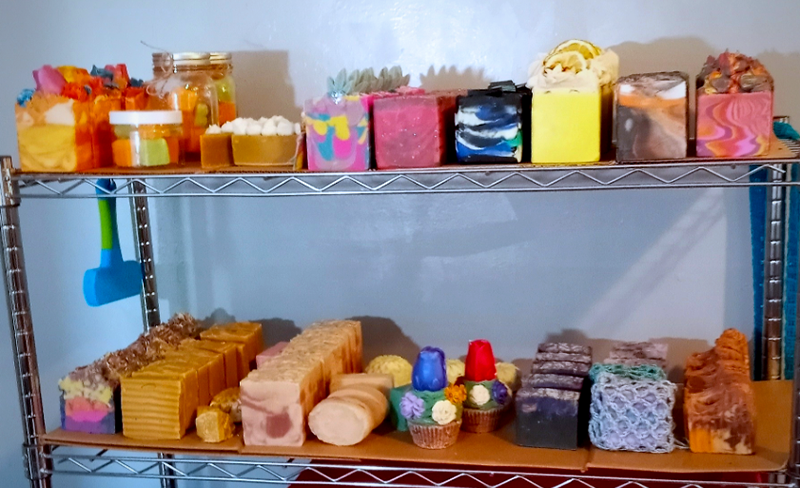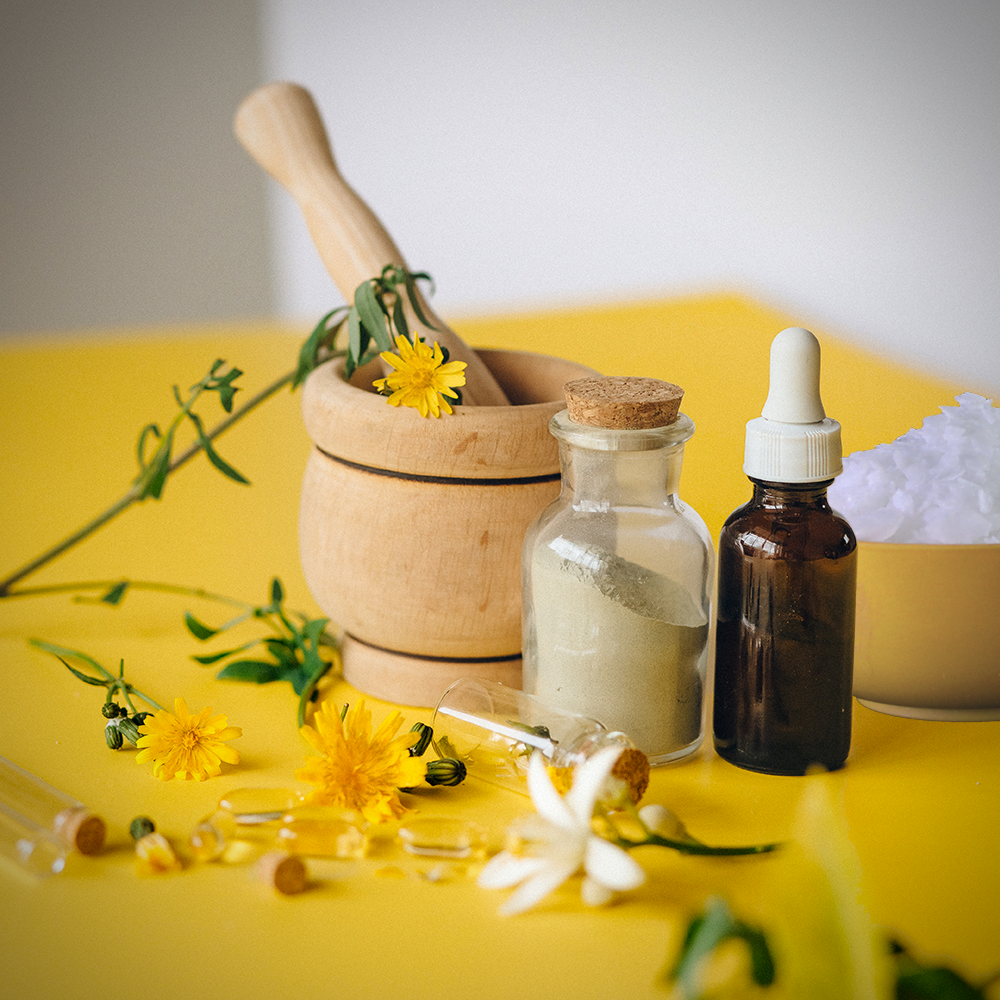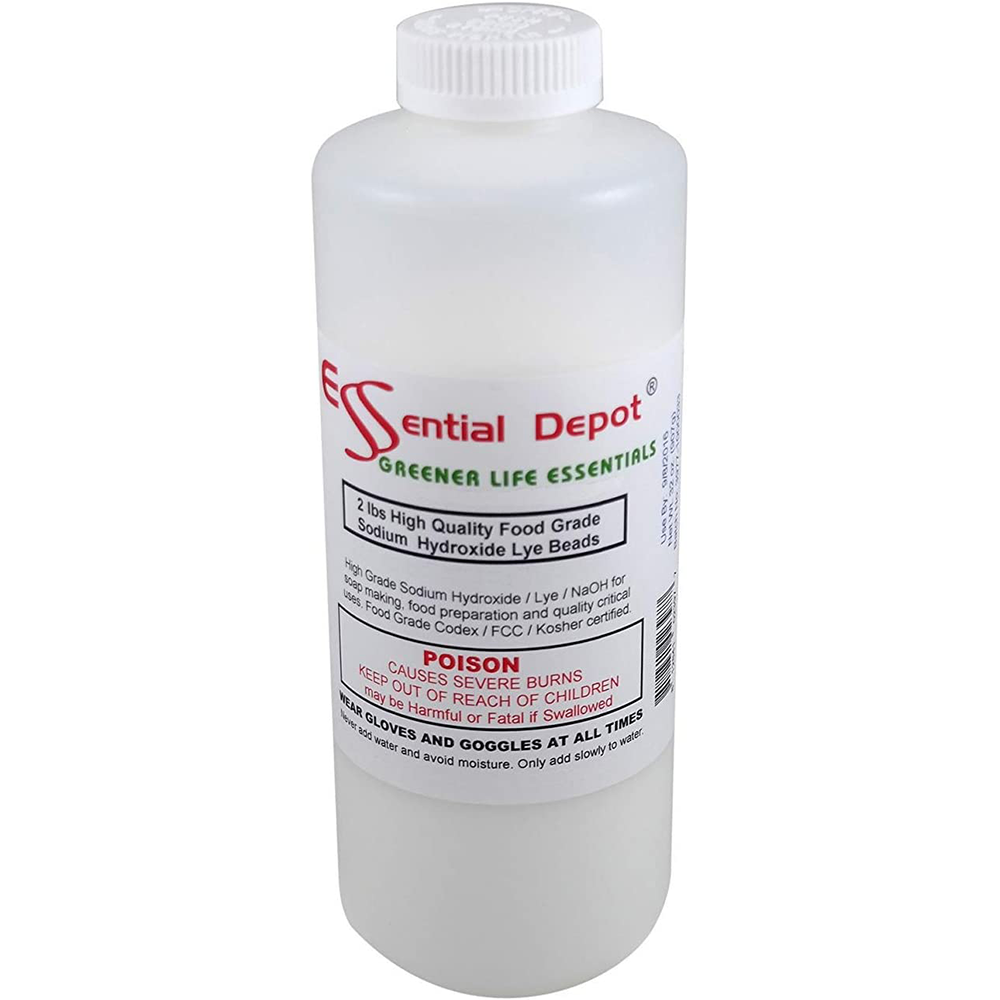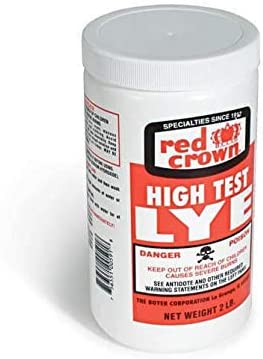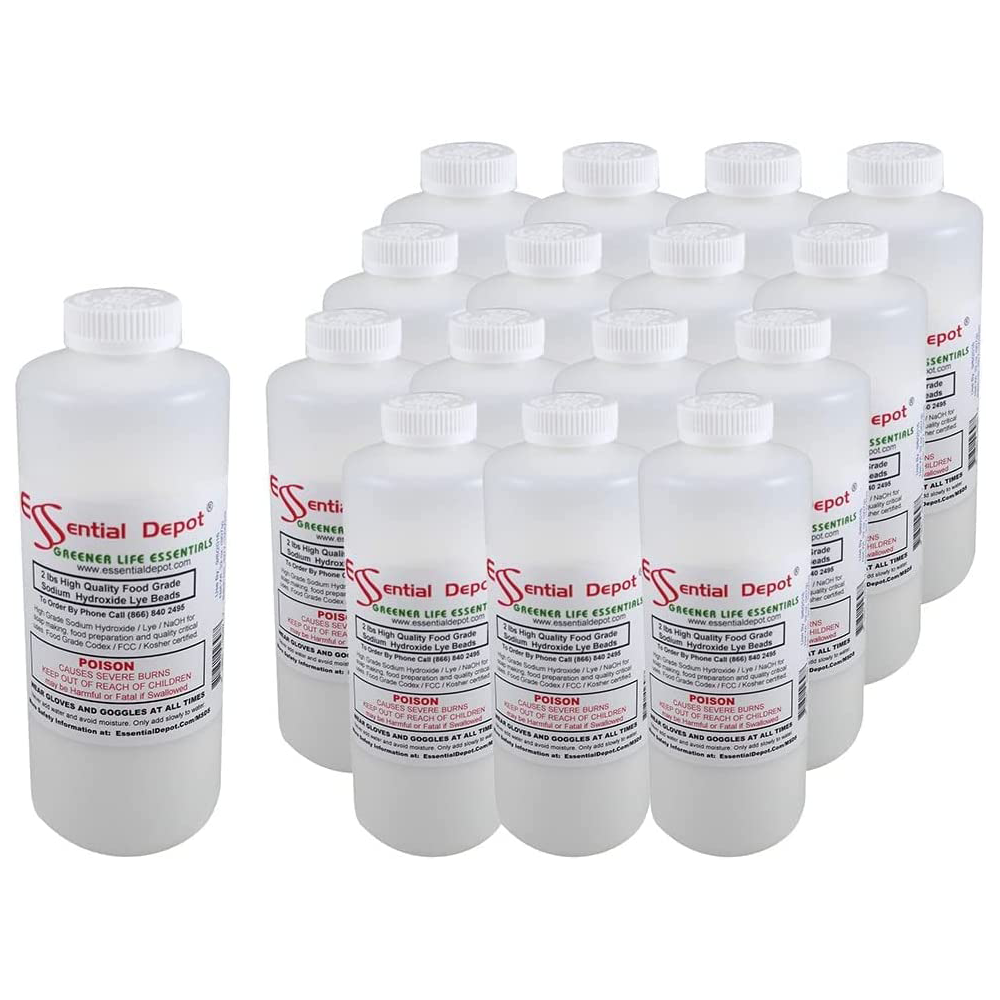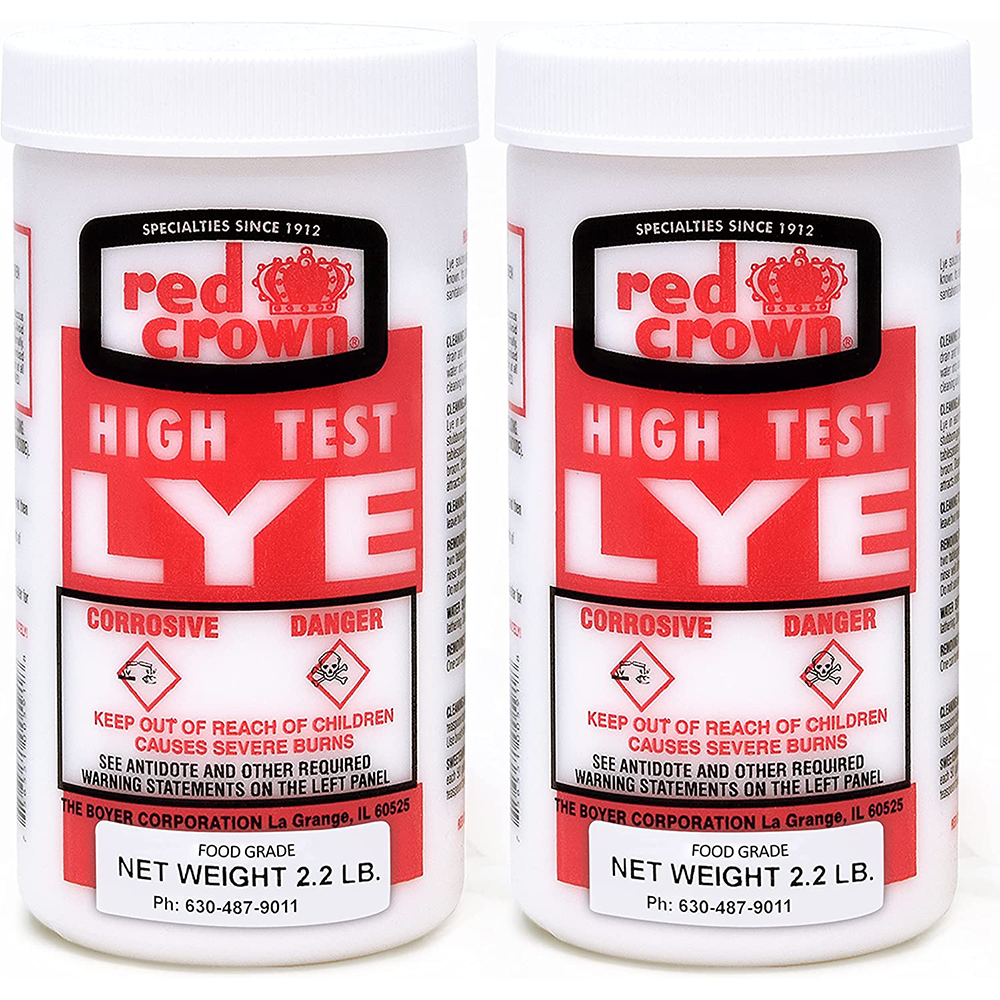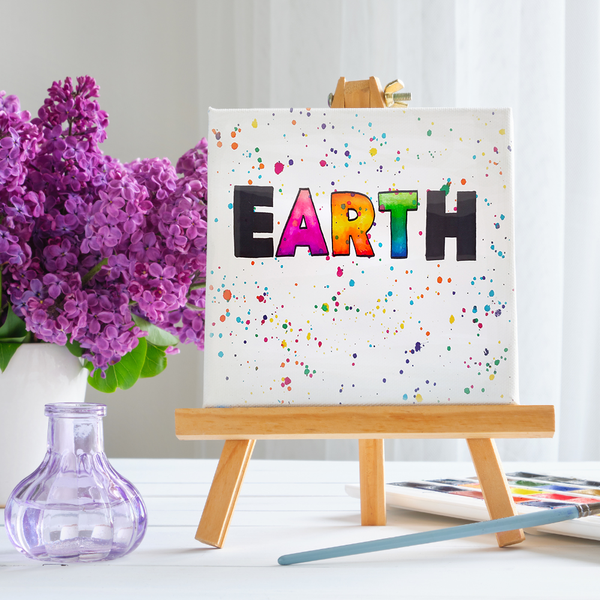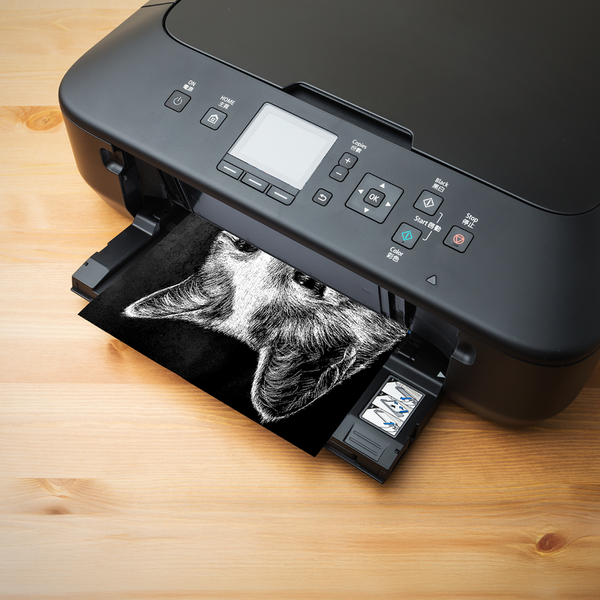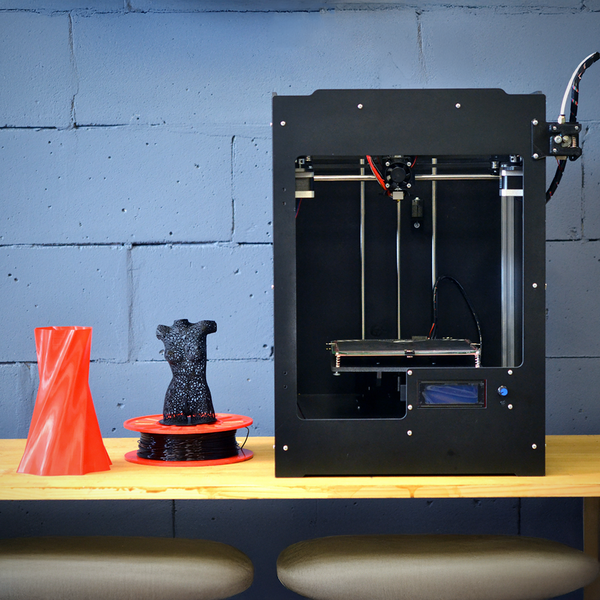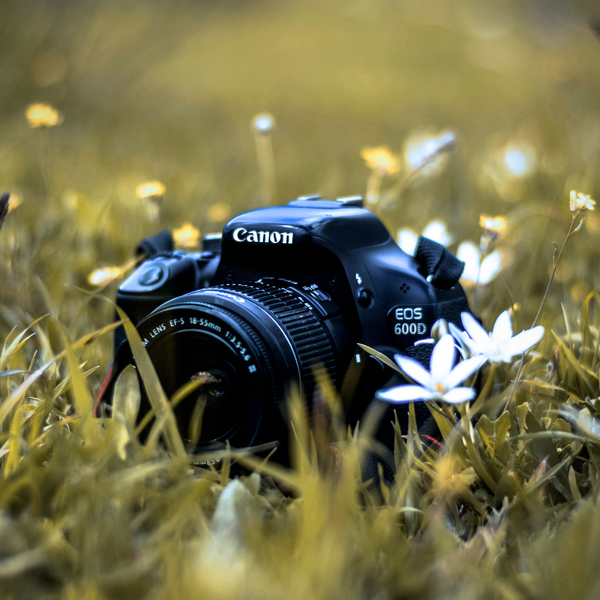Interested in making your own soap?
Making soap is a fun, easy project that can save you money.
Not only will you know exactly what ingredients are going into your soap, but you'll also have control over the final product.
Lye is one of the most important ingredients in soap making because it's necessary for saponification, the chemical reaction that produces soap.
In this article we'll talk about the best lye for soap making available.
If you're looking for a luxurious experience that will leave your skin feeling soft and silky smooth, check out our top lye picks for making sensational soaps!
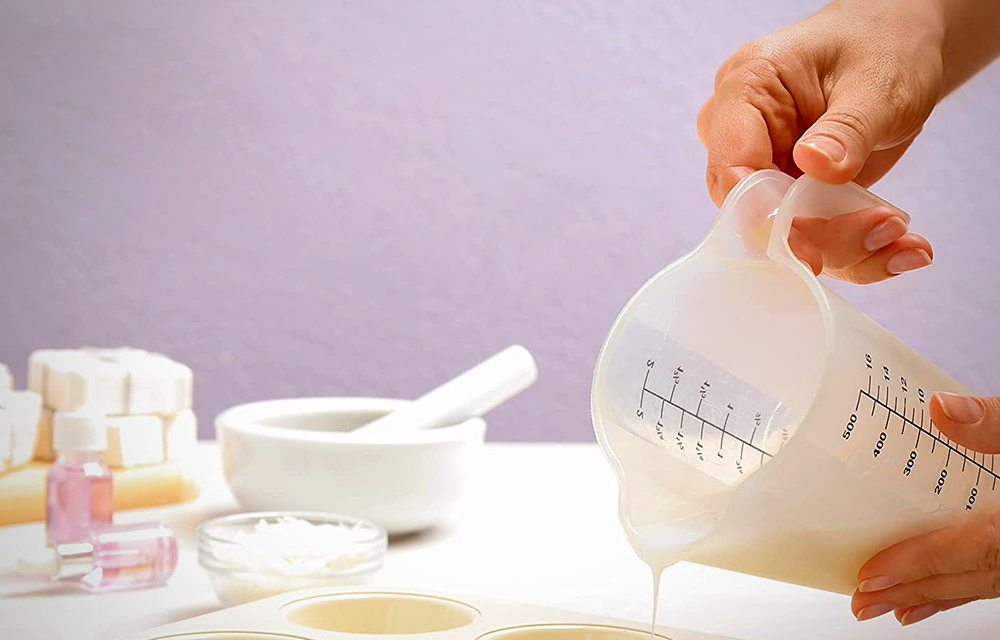
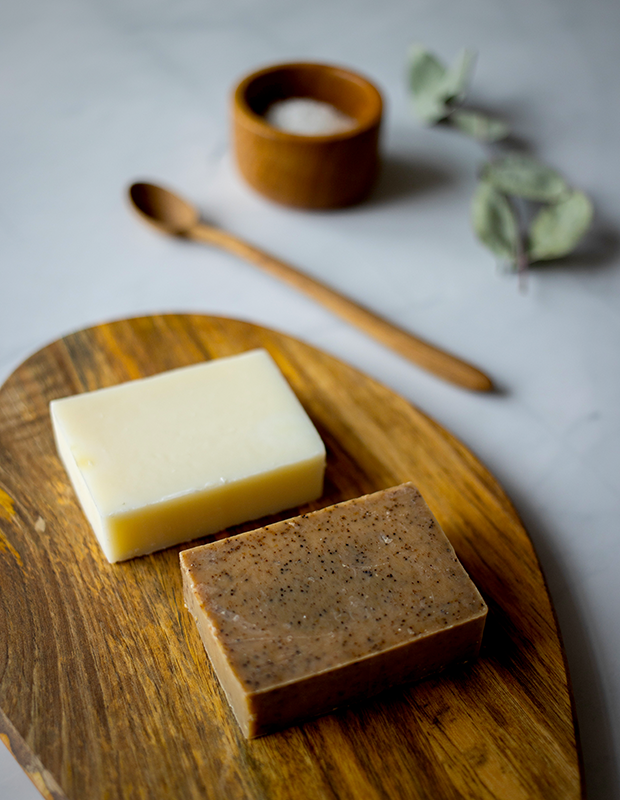
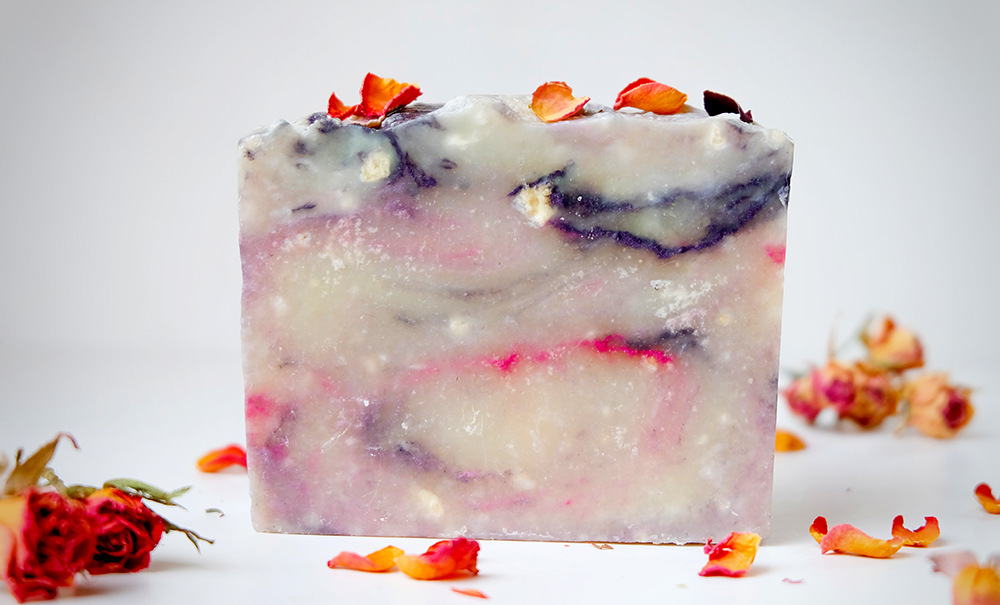
How We Choose Our Selections
It's hard to know which lye is the best for soap making, especially if you're a beginner.
There are so many different types of lye on the market, and it can be tough figuring out which one is right for you.
We've done the research for you.
We've read thousands of reviews on Amazon to find the best lyes for soap making.
Whether you're a professional artist, student, or hobbyist, we've found products for all skill levels.
Make premium quality, handmade soaps that will impress everyone!
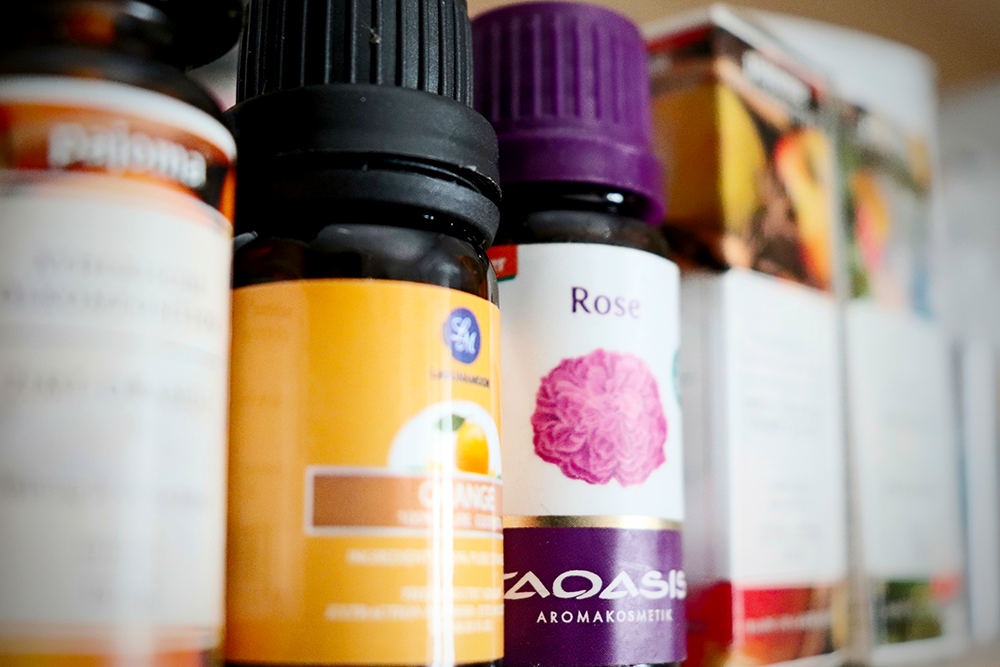
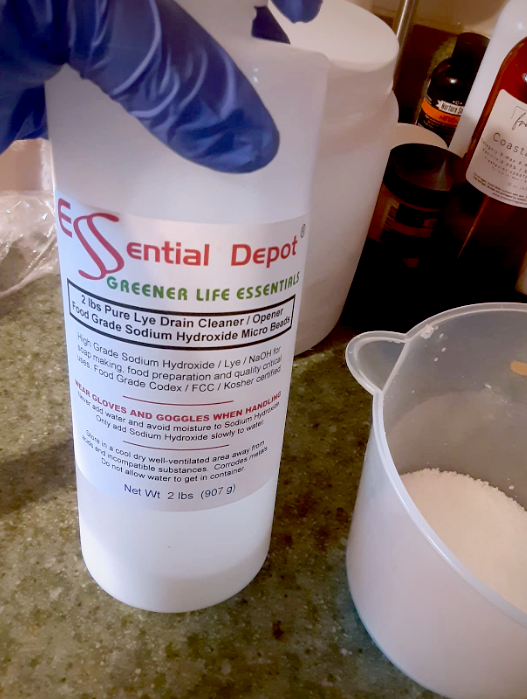
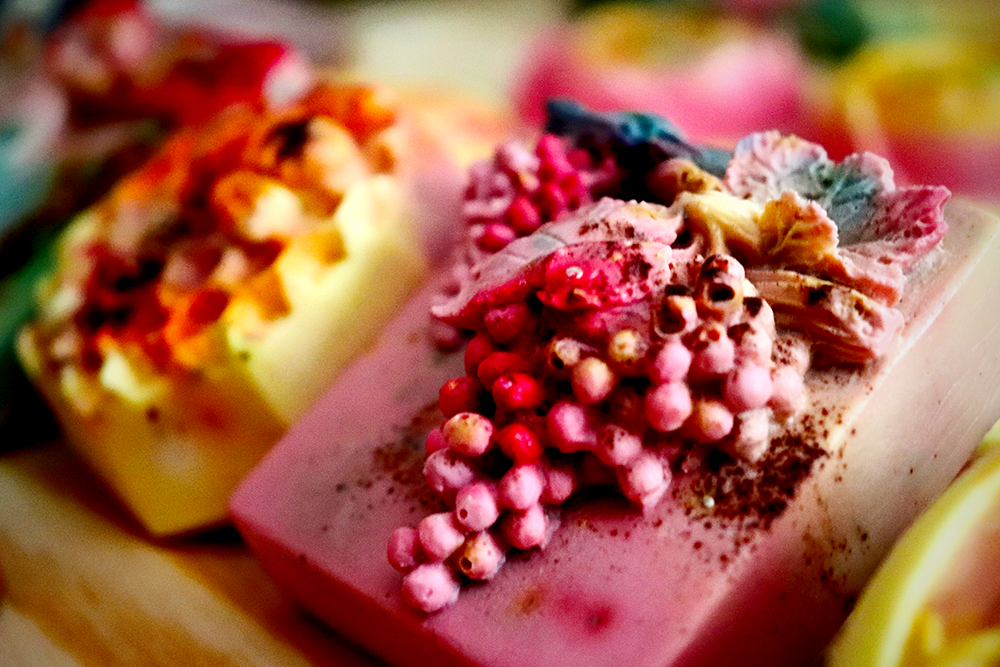
Why We Love It
Want a top-quality lye that will help you make beautiful, handcrafted soap?
Look no further than Essential Depot Pure Lye.
This 2-pound bottle contains food-grade sodium hydroxide lye microbeads, which will make it a breeze to create soap quickly.
Not only is this lye great for soap making, but you can also use it for pretzel and bagel making, as well as bio diesel generation.
Thousands of customers adore this lye, so you can be confident in its quality.
Go grab your own bottle of Essential Depot Pure Lye today and get started on your next project!
What You Should Know
Soap-making is a craft that has been around for centuries, and in order to make soap, you need lye, which is a highly corrosive substance.
Essential Depot's Pure Lye is a great choice for soap-making because it is food grade and has a high level of purity.
It is also Kosher and non-GMO.
Thousands of customers love this lye, and it is proudly made in the USA.
So, support a small business and purchase this Amazon's Choice lye for your next soap project today!
You won't regret it!
Why We Love It
Looking for a high-quality lye to use for soap making?
Check out Red Crown Lye!
This lye is perfect for making custom soap designs.
It comes in a 2-pound bottle and is fitted with a child-resistant cap for safety.
You can use this lye to make all-natural, homemade soaps.
Order your lye today and start creating custom soaps for you and your loved ones!
What You Should Know
When it comes to soap craft, the type of lye you use can make all the difference; also known as caustic soda or sodium hydroxide, lye is highly effective at breaking down fats and oils, making it the perfect ingredient for soap.
But while sodium hydroxide is great for soap making, it's also important to handle it with care, as it is a corrosive substance.
This lye features super coarse granulation, which makes it easy and safer to work with.
It is available in both food grade and technical grade, and with just 1/3 of the container, you can make up to 30 bars of soap.
Whether you're looking to create a beautiful craft project or simply want an effective way to cleanse your skin, Red Crown lye is the perfect choice.
Why We Love It
Are you searching for a high-quality food grade lye that can be used for making soap or even pretzels and bagels?
Then look no further than Essential Depot's Food Grade Lye.
This product is made of evenly sized micro beads of pure sodium hydroxide, making it a great choice for those who want to create their own soap or other food items.
You can even use it for metal cleaning or etching.
Plus, it comes in an HDPE plastic container to keep the lye dry while in storage.
Customers adore this product, thrilled by its great quality.
Don't wait any longer, and get your order of Essential Depot's Food Grade Lye today!
What You Should Know
What could be more satisfying than using a bar of soap that you made yourself?
With this food grade soap-making lye, you can craft beautiful, customized bars of soap in any shape or size you like.
This high-quality lye is perfect for making excellent soaps, and it's very reasonably priced.
Just be careful when using it, as it is also a cleaning product.
You'll be thrilled to use a product that is proudly made in the USA, kosher, non-GMO, and not animal tested.
So, why not add this Amazon's Choice soap lye to your craft supplies today and get started on your next project?
You'll be glad you did!
Why We Love It
If you want a high-quality lye to make your own soap at home, look no further than Boyer Lye for Soap Making!
This food-grade lye is perfect for making all-natural, award-winning handcrafted soap.
The resealable child-resistant cap makes it safe for everyone to use, and the easy-to-use container makes it perfect for beginners and experienced soap makers alike.
So, why wait?
Get your very own Boyer Lye for Soap Making today and start making beautiful, unique soaps that your friends and family will love!
What You Should Know
Looking for a way to bring your creative soap ideas to life?
Boyer Lye for Soap Making has you covered!
Lye is a great way to make homemade soap, and it can also be used as a drain cleaner and clog remover.
Just be careful when using it, as it is very corrosive.
If you're not used to working with lye, it's best to start with a small project first.
Once you get the hang of it, you can experiment with making your own custom soap.
Plus, with this lye, you get 10% more than the regular 2-lb bottles.
Pick up your bottles of lye today and watch them work wonders!
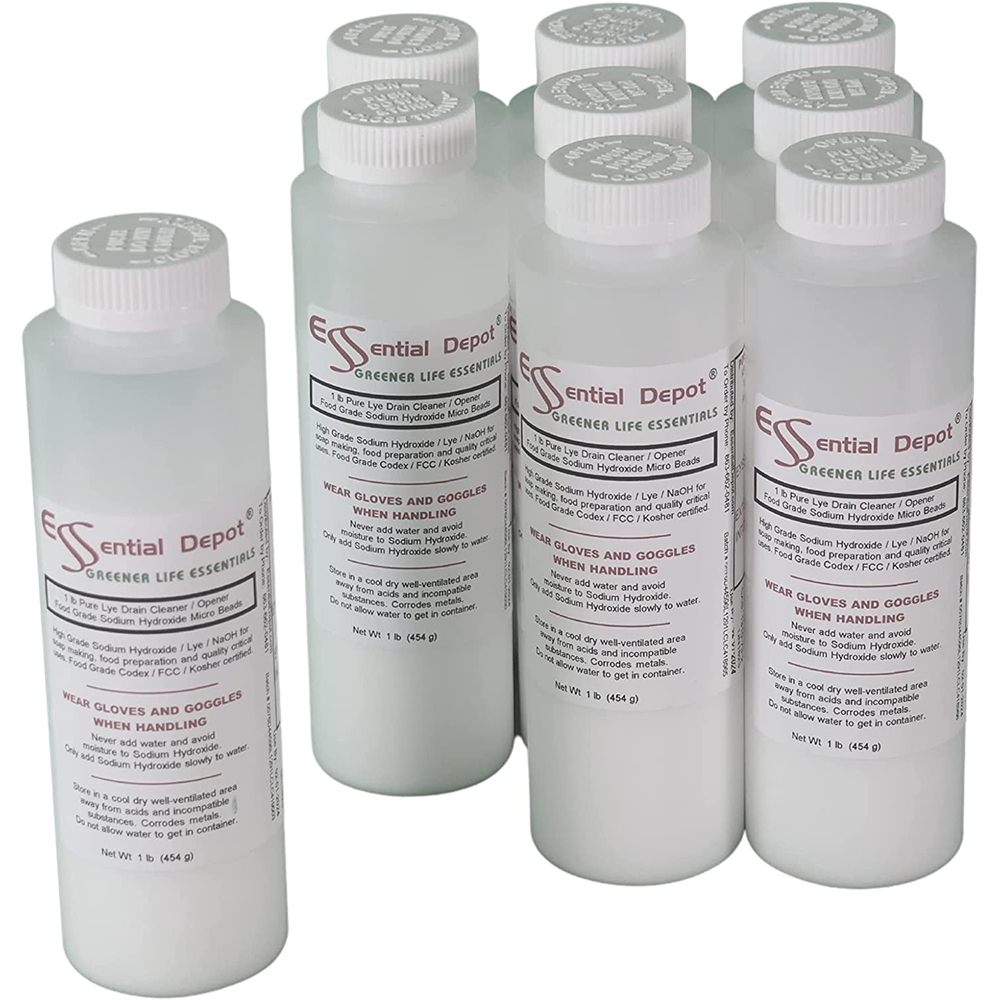
Best Mid-Sized Lye for Soap Making
Essential Depot Food-Grade Sodium Hydroxide Lye
Why We Love It
Looking for a lye that is perfect for soap making?
Then check out Essential Depot Food-Grade Sodium Hydroxide Lye.
This product is sodium hydroxide and caustic soda that is fashioned into food-grade micro beads.
This set has 9 pounds of lye, which is perfect for those who want to make a lot of soap at once.
The lye is also great for making pretzels and bagels, and it can also be perfect for bio diesel generation.
If you want to add something great to your soap-making supplies, go for Essential Depot lye.
Stock up by ordering your new lye today, so you can create stunning new soaps right away!
What You Should Know
Soap making is a fun craft that anyone can do at home with the right supplies.
One of the most important ingredients in soap making is lye, and this lye is the best you can get for the job.
It's perfect for cold processed soap, and it leaves behind no chunks or residue.
Just be sure to strain it before adding any oils, so there are no pockets of lye in the finished product.
Since it's proudly made in the USA, you can trust that it's of the highest quality.
Why wait?
Get your soap-making lye now and start on your next project!
Your skin will love you for it!
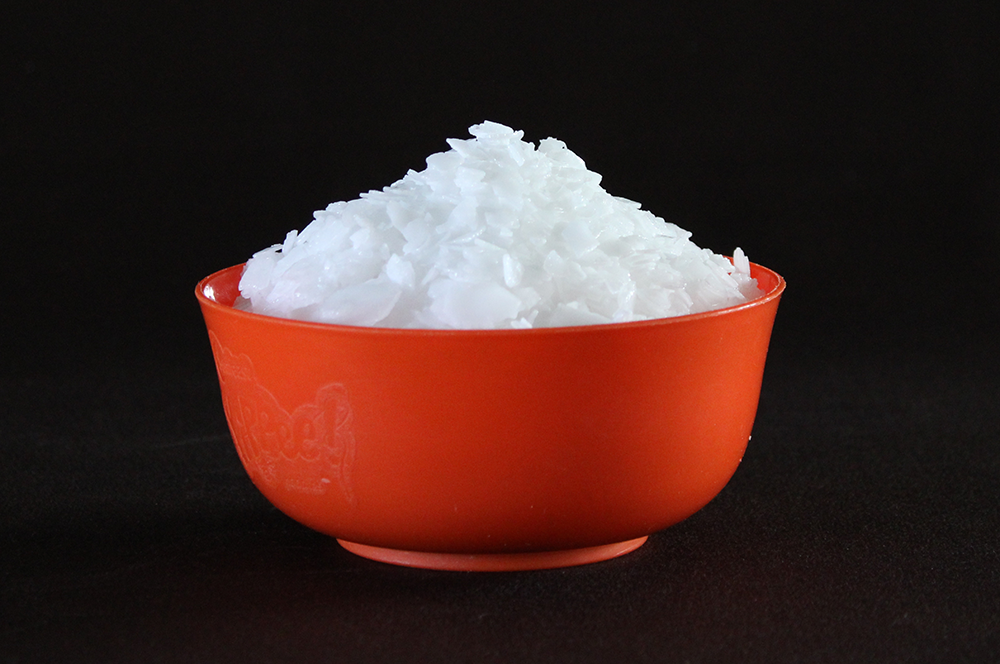
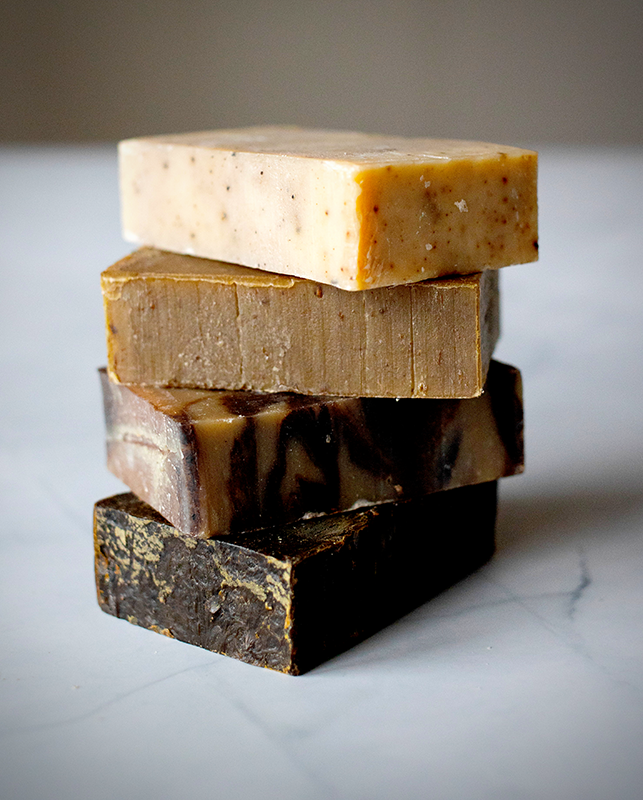
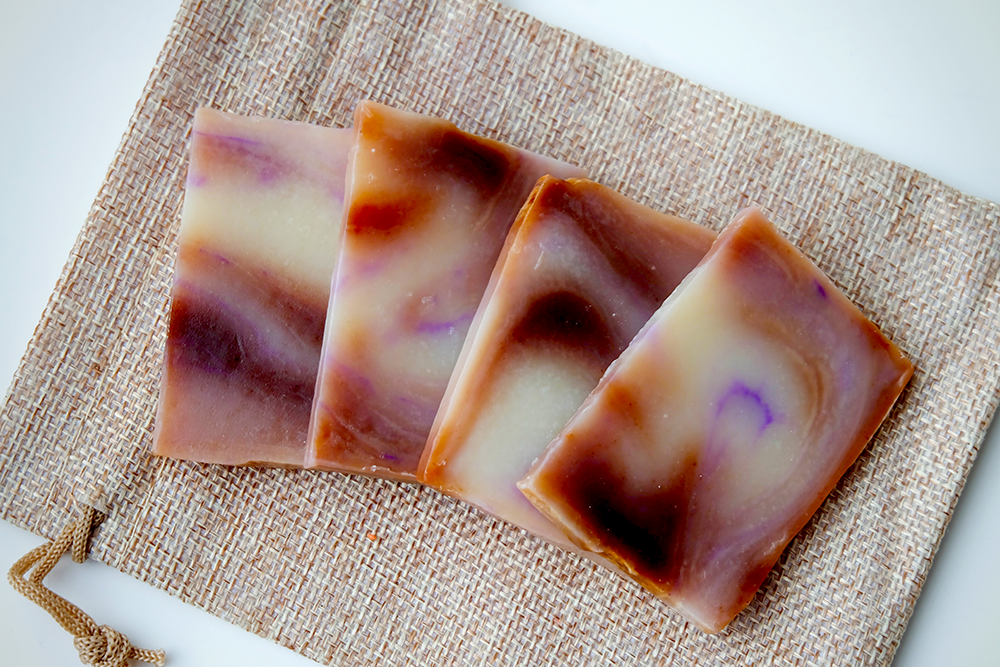
Soap Lye FAQs
With all the different hobbies and crafts products available, it can prove challenging to uncover the best supplies for your projects.
With a sea of different types, brands, and options to choose from, narrowing down the selection is time-consuming and overwhelming.
Making soap is fun, rewarding way to tap into your creativity, but when you're a beginner, it's tough knowing where to start your search.
We've created a list of some of the most frequently asked questions about soap lye, so you can confidently make an informed decision.
Whether you're looking for an awesome gift for your loved ones or would rather expand your crafting supplies, there's a perfect lye for your soap making needs.
What type of lye is best for soap making?
There are three main types of lye used for soap making: NaOH, KOH, LiOH.
Each type of lye has its own unique properties that affect the final product.
For example, NaOH (sodium hydroxide) produces a hard bar of soap with high cleansing ability.
KOH (potassium hydroxide) makes a soft bar of soap and is often used in liquid soap.
LiOH (lithium hydroxide) produces a very hard bar of soap and is often used in shaving soaps.
The type of lye you use will depend on the desired properties of your final product.
If you are unsure which type of lye to use, it is best to consult with a professional.
You can purchase lye flakes or lye solution to help with the saponification process.
If you purchase the flake variety, you will need to melt and pour them when creating lye soap.
There are various different types of soap you can create, including cold process soap.
What is the best percentage of lye for soap making?
The best percentage of lye for soap making depends on what you are trying to achieve with your soap.
If you want a bar of soap that is hard and long-lasting, you will need to use a higher percentage of lye.
If you want a bar of soap that is softer and more moisture-rich, you will need to use a lower percentage of lye.
Most soap makers tend to use between 6% and 8% lye when making bars of soap.
This ensures that the bar will be firm but not overly hard, and will still retain some moisture.
Additives such as glycerin can also be added which will help keep the bar from drying out too much.
If you are new to soap making, it is best to start with a lower percentage of lye and increase as you become more comfortable with the process.
Can you use any lye for soap?
No, it's best not to use just any lye for soap.
Lye is a highly alkaline solution made from sodium hydroxide or potassium hydroxide.
It's used in the manufacturing of soap because it's an effective saponifier, meaning it causes oils to turn into soap.
Sodium hydroxide is the most commonly used lye for soapmaking, but potassium hydroxide can also be used.
There are two types of lye: caustic and non-caustic.
Caustic lyes are highly alkaline and can cause severe burns if they come into contact with skin or eyes.
Non-caustic lyes are less alkaline and are safer to use, but they're not as effective at saponifying oils.
This means that soap made with non-caustic lye will be softer and less cleansing than soap made with caustic lye.
For this reason, it's important to use the type of lye that is best suited for your soap making project.
If you're unsure which type of lye to use, it is best to consult with a professional.
What are the different types of lye?
There are several types of lye: sodium hydroxide, potassium hydroxide, lithium hydroxide, and calcium hydroxide.
Sodium hydroxide is a strong base that is used in the manufacturing of soap, paper, and textiles.
It is also used as a drain cleaner and is caustic to the skin.
Potassium hydroxide is also a strong base, but it is less caustic than sodium hydroxide.
It is used in the manufacturing of rayon, cellophane, nylon, and soap.
Lithium hydroxide is a weak base that is used in the manufacture of aircraft parts, batteries, ceramics, and soaps used as thickeners in lubricating greases.
Calcium hydroxide is a weak base that is used in the food industry, as a pH adjuster, and in the production of lime.
Which type of lye you use will depend on the desired properties of your final product.
If you are unsure which type of lye to use, it is best to consult a professional before using any products containing lye.
Lye is a necessary component in soap making, but it's important to use the right type of lye for your project.
Using the wrong type of lye can result in a soap that is either too harsh or not cleansing enough.
It's also important to be aware of the dangers of working with lye, as it can cause severe burns if it comes into contact with skin or eyes.
Can you use household lye for soap making?
While you can technically use household lye for soap making, it's not recommended.
Lye is a caustic substance that can cause adverse reactions if used improperly.
That said, if you're determined to make your homemade, natural soap and you don't have access to any professional lye, there are some things you should keep in mind.
First of all, only use pure lye, no substitutes or dilutions.
Secondly, take extra care when handling lye; wear gloves and protective eye wear, and be sure to work in a well-ventilated area when using and mixing lye.
Finally, be very careful when measuring the amount of lye you use.
Soap made with too much lye will be harsh and irritating to the skin, while soap made with too little lye will be greasy and ineffective.
If you're new to soap making, it's best to start with a non-caustic lye and increase the amount you use as you become more comfortable with the process.
This will help you avoid any accidents or adverse reactions, and it will also give you a chance to experiment with different recipes.
Are lye and sodium hydroxide the same?
Sodium hydroxide is a type of lye, so in a sense they are the same.
However, lye is a generic term that can refer to any of the various types of caustic bases, while sodium hydroxide is a specific compound.
Sodium hydroxide is the most commonly used type of lye, but it is not the only one.
Lye can also be made from potassium hydroxide, lithium hydroxide, or calcium hydroxide.
Each of these compounds has different properties and uses, so it's important to choose the right type of lye for your project.
Lye is a stronger base than sodium hydroxide and will dissolve more organic matter.
Sodium hydroxide is used more in industry because it is more affordable, often found in the form of sodium hydroxide flakes or micro beads.
It will react with CO2 (carbon dioxide) in the atmosphere to create sodium carbonate.
While sodium hydroxide and lye are often used interchangeably, they are not exactly the same thing.
Most of the time, it's no big deal to treat them as the same thing since sodium hydroxide is such a widely used lye.
However, if you're working with a specific recipe that calls for lye, be sure to use the type of lye that is specified.
Using the wrong type of lye can result in an inferior product.
When working with any type of lye, it's important to be aware of the dangers.
Lye is a caustic substance that can cause severe burns if it comes into contact with skin or eyes.
Be sure to wear gloves and protective eye wear when working with lye for soap making, and be sure to work in a well-ventilated area.
What is food-grade lye?
Food-grade lye is a type of lye that is safe for use in food preparation.
It is typically made from either sodium hydroxide or potassium hydroxide, and is used in a variety of tasks such as making soap, unclogging drains, and even killing animals.
When used properly, food-grade lye is perfectly safe for human consumption.
However, it can be dangerous if mishandled, so always take care when working with it.
What is pure lye?
Pure lye is a strong alkali that is used in the manufacture of soap and other household products.
It is a white powder that is soluble in water.
Lye is also known as caustic soda or sodium hydroxide.
Pure lye can be dangerous if mishandled because it can cause severe burns if it comes into contact with skin, so it should be handled with the utmost care.
When working with pure lye, always wear gloves and protective eye wear, and be sure to use it in a well-ventilated area.
What is the difference between food-grade lye and regular lye?
Food grade lye is a type of lye that is considered safe to use in food preparation.
It is made by leaching ashes from wood or corn into water.
Regular lye is a type of lye that is not safe to use in food preparation.
It is made by leaching ashes from coal into water.
While both types of lye are caustic and can cause burns if mishandled, food-grade lye is considered safe to use in small amounts for tasks such as making soap or unclogging drains.
Regular lye should never be used in food preparation because it can be dangerous if ingested.
Can bar soap be made without lye?
Yes, bar soap can be made without lye.
The main ingredient in bar soap is sodium hydroxide, which is also known as lye.
However, there are ways to make bar soap without using lye.
Additives and other ingredients can be used to create a bar soap that does not contain any lye.
However, these soaps may not be as effective as those made with lye.
What is a substitute for lye in soap making?
There are several substitutes for lye in soap making, the most common being potash.
Potash is a type of potassium carbonate that can be used in place of lye.
Other substitutes for lye include cream of tartar, baking soda, and egg whites.
Lye is a highly caustic substance and contact with it can cause burns.
Soap made without lye will not clean as well as soap made with it because the lye reacts with the oils in the soap to create what is called saponification.
Saponification is basically the chemical process of turning fat into soap.
Soaps made without lye tend to be less harsh and more gentler on the skin.
However, they also tend to be softer and have a shorter shelf life.
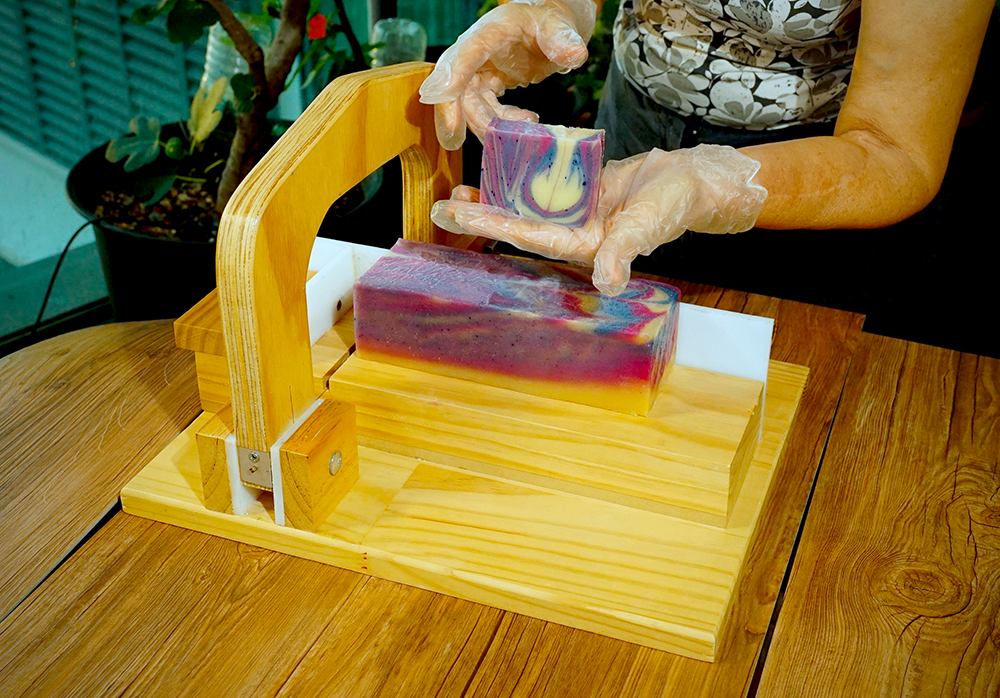
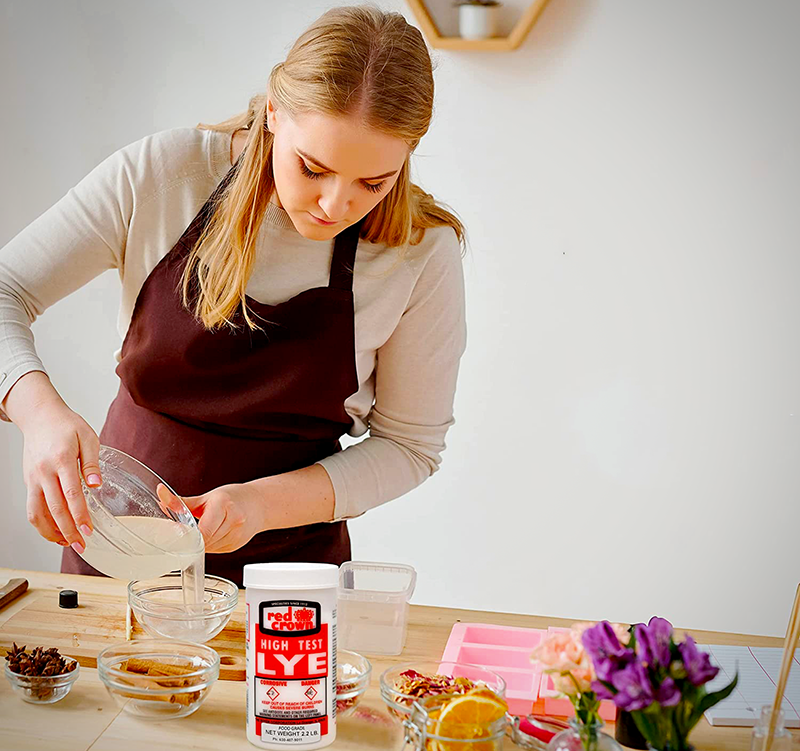
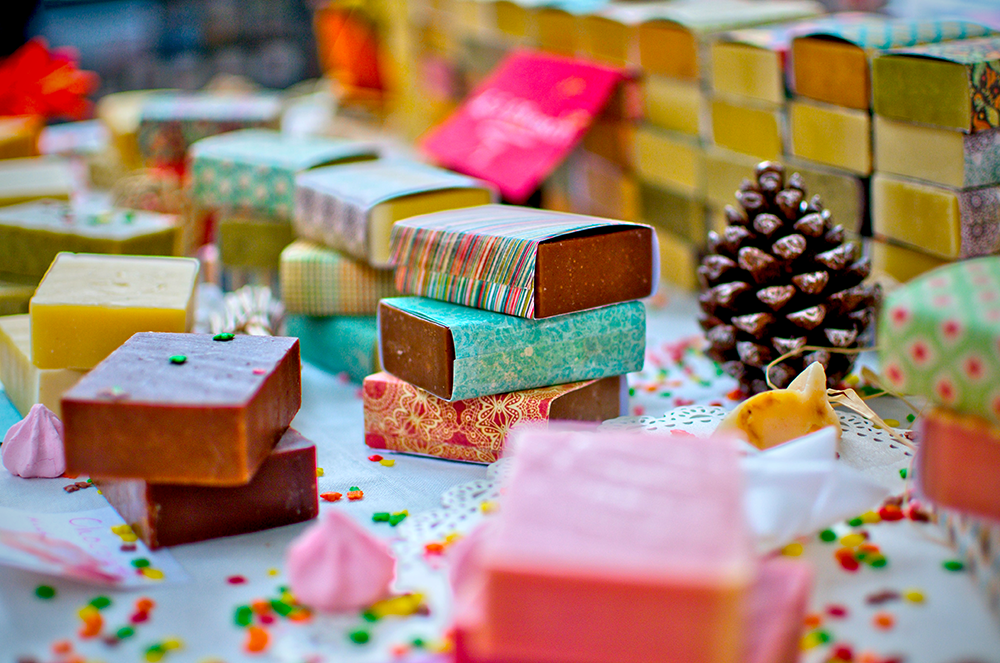
Your Best Lye for Soap Making
So, what is the perfect soap making lye for you?
After reading thousands of reviews on Amazon, we’ve found the best lyes to get you started making soap.
Whether you're a new to the craft, an enthusiastic hobbyist, a professional, or somewhere in-between, there is an ideal lye for all of your new soap projects!
Hopefully, this article has helped you make an easy decision, allowing you to walk away happily and with pride!
Whichever lye you choose, we hope you have endless fun creating homemade soaps!
Don't forget to tap the button to check Amazon for the best prices on lye for soap making!
Thanks for reading and here's to your sensational, new soaps!
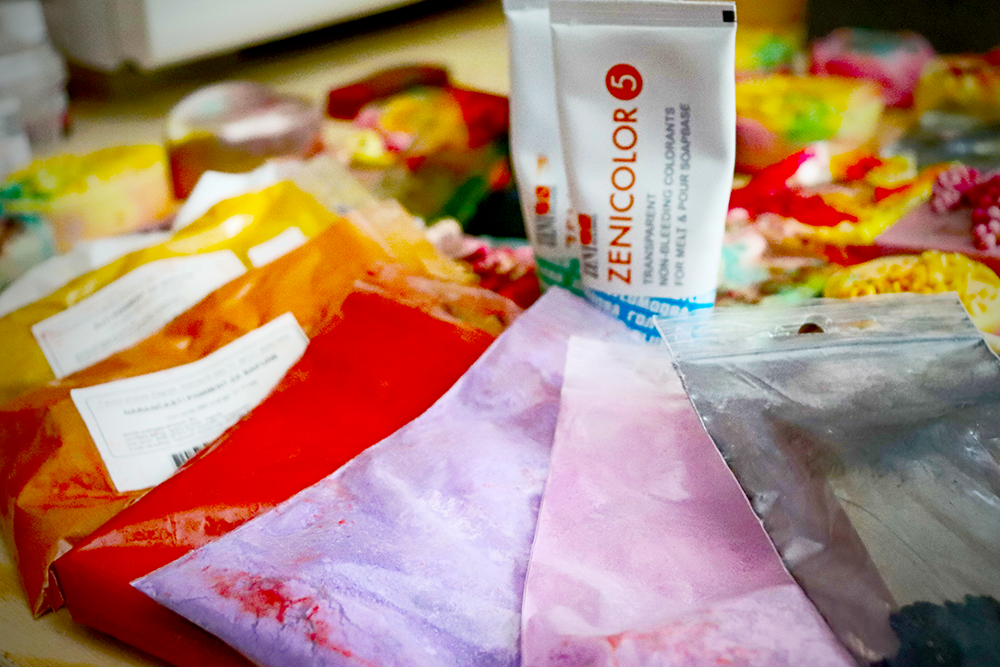
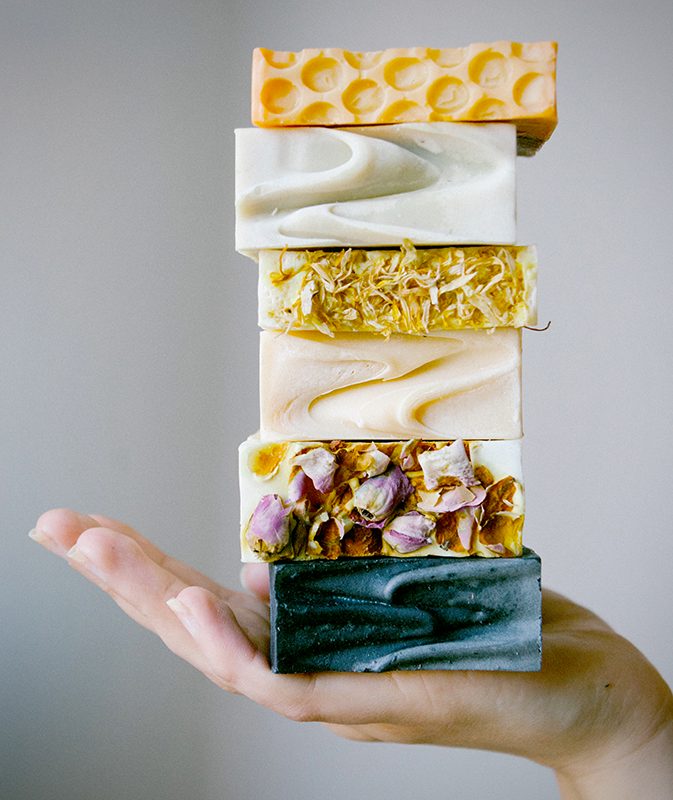
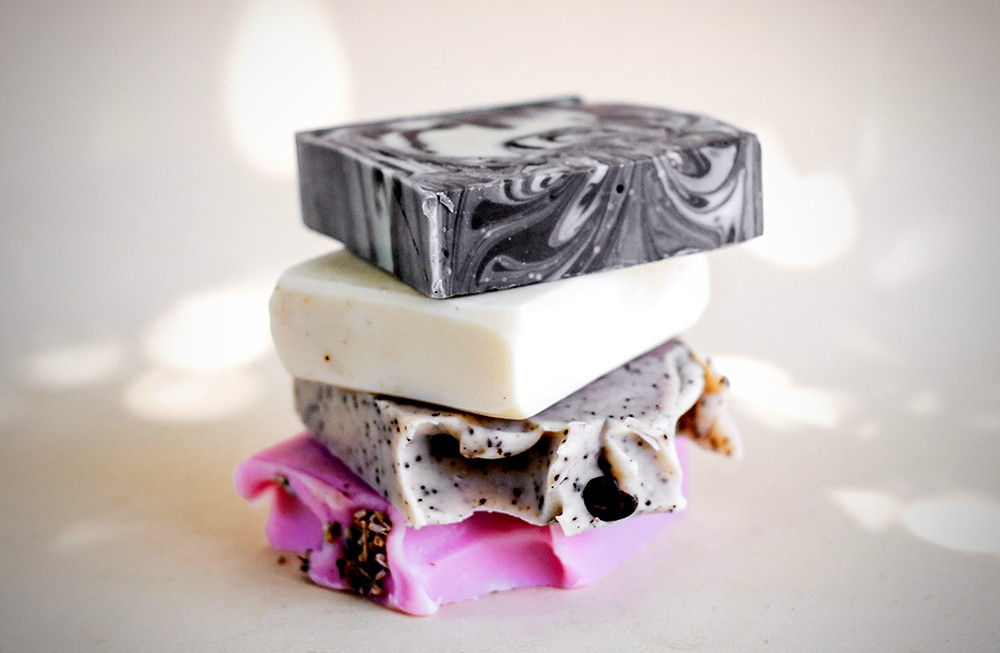
Want to a crash course on lye? Check out Royalty Soaps' video!
Want to learn how to make lye soap? Check out Living On A Dime To Grow Rich's video!
If you'd like to see artwork I've made, you can find some at Redbubble, TeePublic, and TeeSpring.
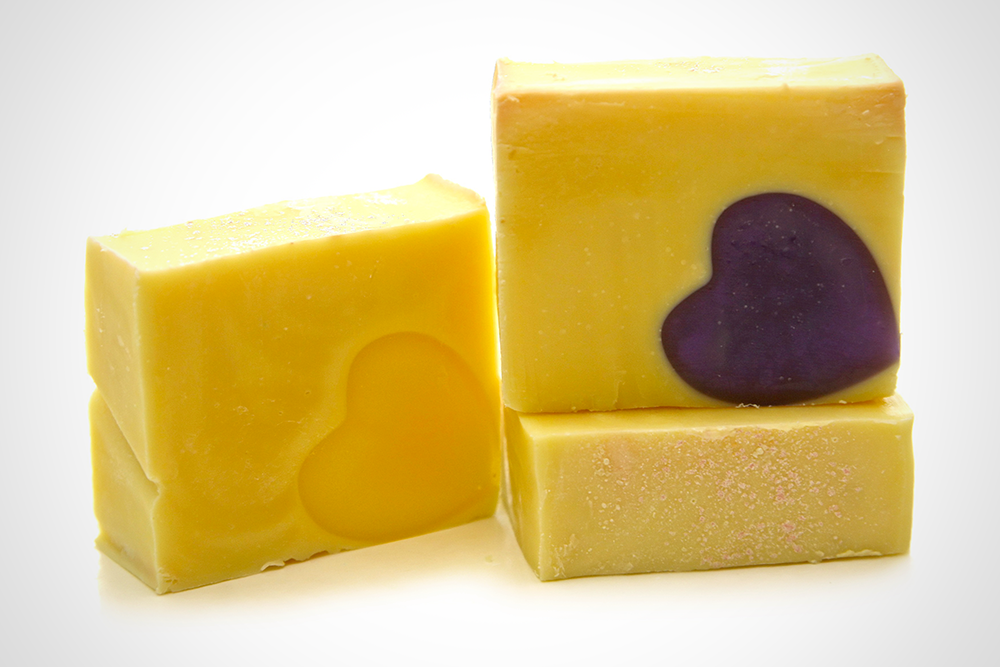
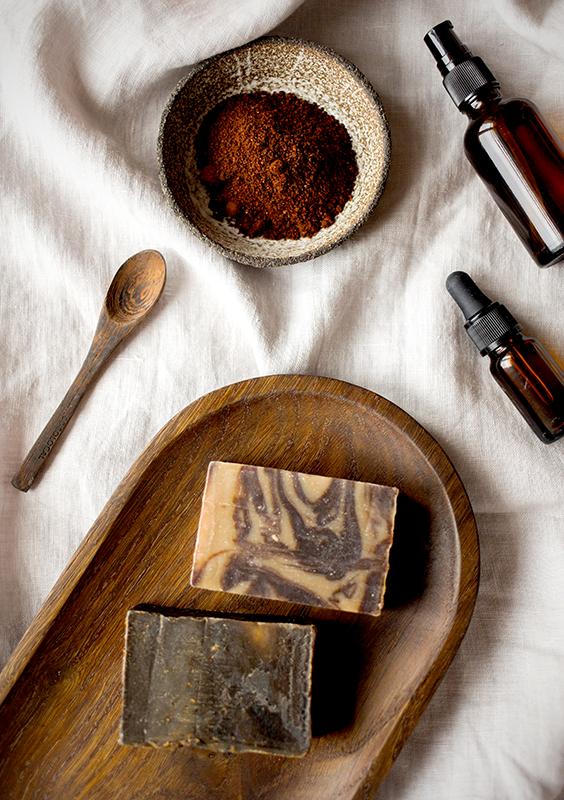
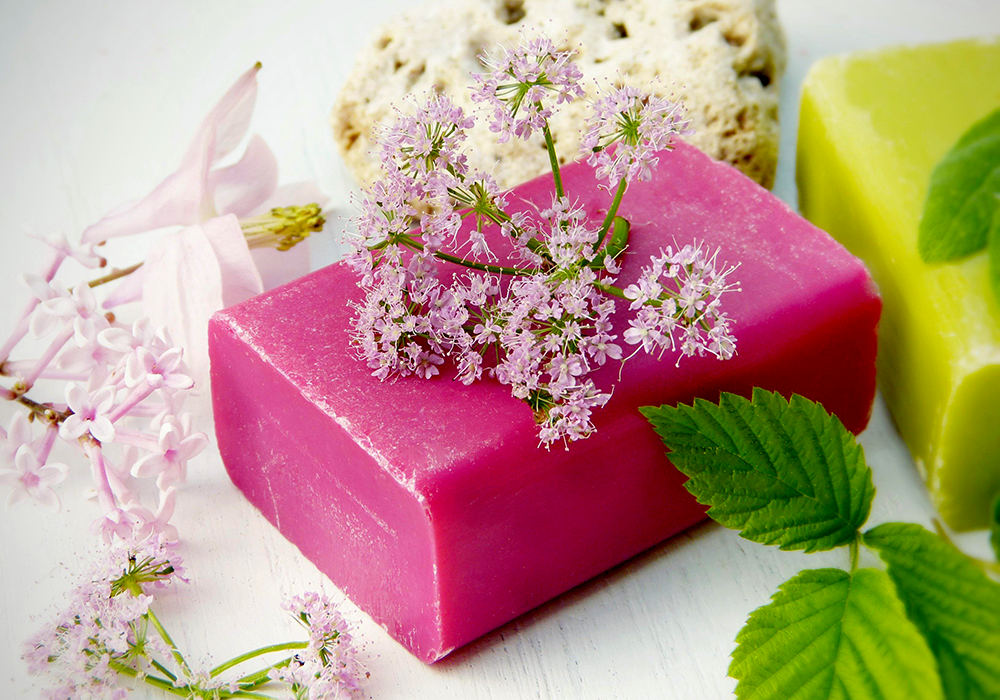
And if you love to have phenomenal soundtracks to jam out to while creating art, like I do, you can get a 30-day free trial of Amazon Prime Music or Two Free Audiobooks from Audible Plus!
I love listening to a great book or fun music while immersing myself in the creative process!
Plus, if you want to take advantage of 2-day shipping, get a free 30-day trial of Amazon Prime, or if you want to take advantage of down time, get a free 30-day trial of Prime Video!
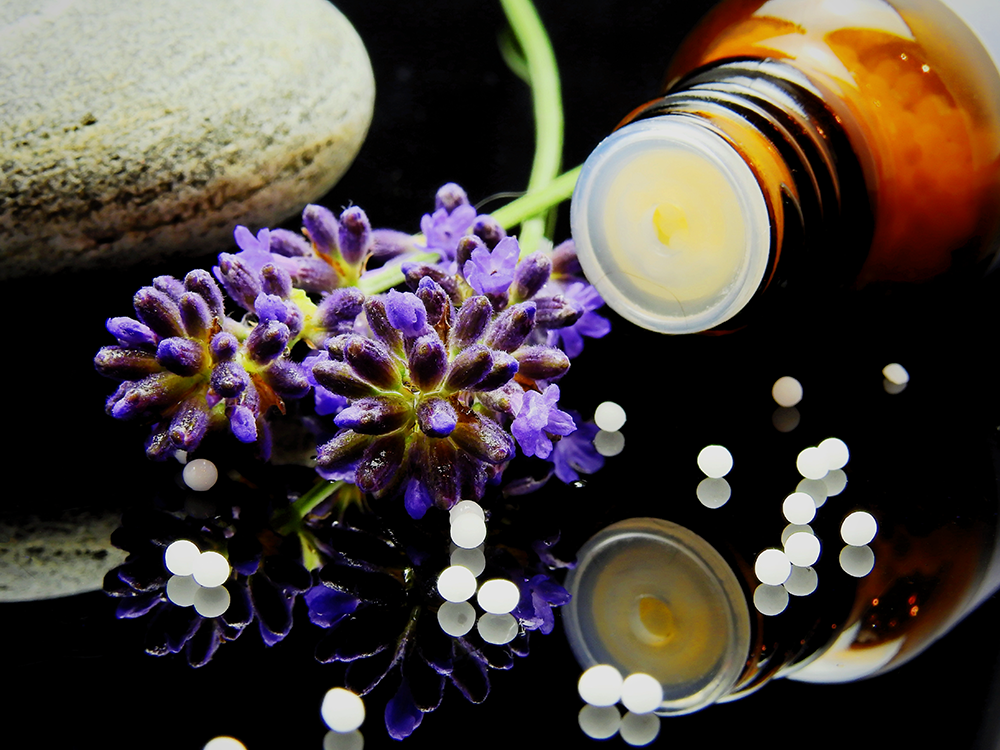
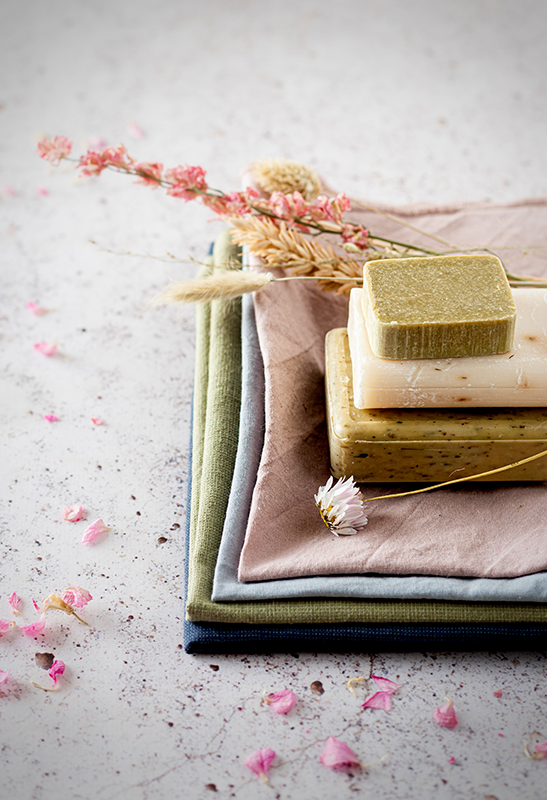
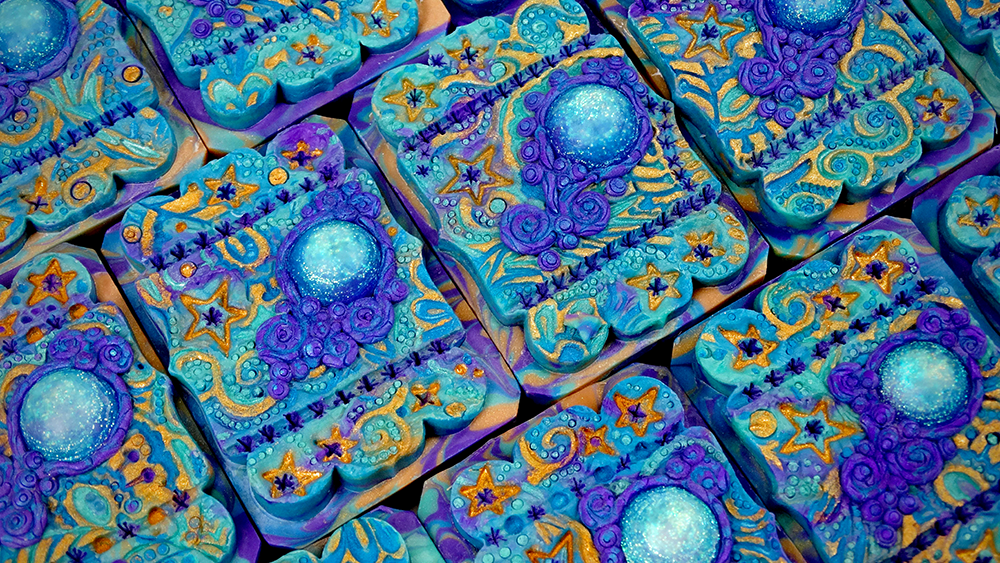
Interested in crafting?
You might want to check out these other craft supply articles:
